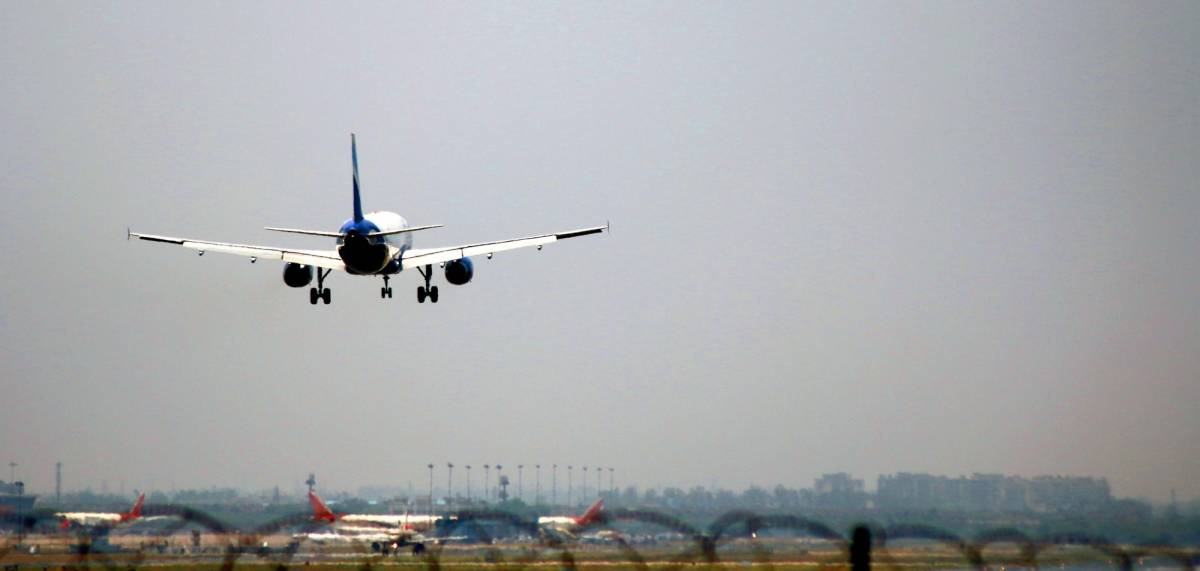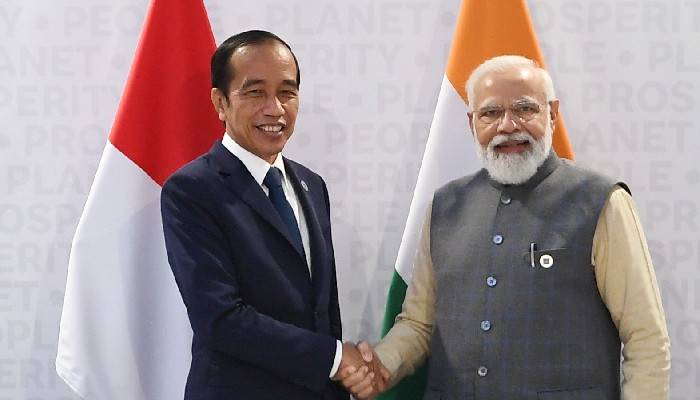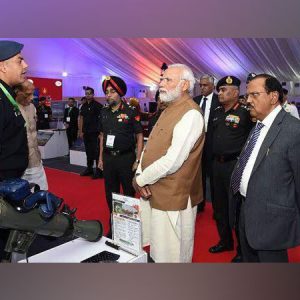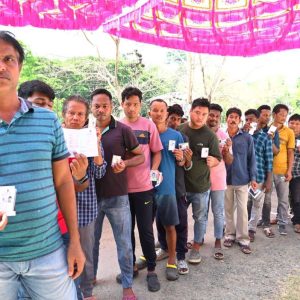Modi was addressing the Global Summit on Supply Chain Resilience convened by US President Joe Biden on the sidelines of the G20 Summit in Rome, Italy…reports Asian Lite News
The three aspects most important to improving global supply chains were Trusted Source, Transparency and Time-Frame, Prime Minister Narendra Modi said on Sunday.
He was addressing the Global Summit on Supply Chain Resilience convened by US President Joe Biden on the sidelines of the G20 Summit in Rome, Italy.
“It is necessary that our supply must be from Trusted Sources. It is also important for our shared security. Trusted sources must be such that they do not have a reactive tendency so that the supply chain is protected from a tit for tat approach,” PM Modi noted.
He added that for the reliability of the supply chain, it was also necessary that there must be transparency in it. Many companies in the world were facing a shortage of small things due to lack of transparency, PM Modi pointed out.
“If there is no timely supply of essential things, it may lead to bigger losses. We have clearly realized this in pharma and medical supplies in the Corona times. So to ensure supply within a time-frame, we have to diversify our supply chains. And for this, alternative manufacturing capacity will have to be developed in developing countries,” the Prime Minister argued.
According to PM Modi, India had built its credibility as a Trusted Sources of pharmaceuticals, IT and other items.
“We look forward to playing our role in clean technology supply chain as well. I suggest that we instruct our teams to meet quickly to come up with further action plan within a certain time frame, based on our shared democratic values,” he said.
PM Modi pointed out that in the initial months of the pandemic, everybody felt the shortage of raw materials to produce vaccines, health equipment and essential medicines.
“Now that the world is gearing up for economic recovery, the supply problems of semiconductors and other commodities are coming in the way of healthy growth. Who in the world thought there would ever be a shortage of shipping containers?” PM Modi remarked.
Pointing out that India had accelerated the export of vaccines to improve the global supply of vaccines, he said, “We are also working with our Quad partners to supply better and affordable Covid-19 vaccine in the Indo-Pacific region”.
With India gearing up to produce 5 billion COVID vaccine doses for the world next year, it was also very important that there is no hindrance in the supply of raw material, PM Modi noted.














